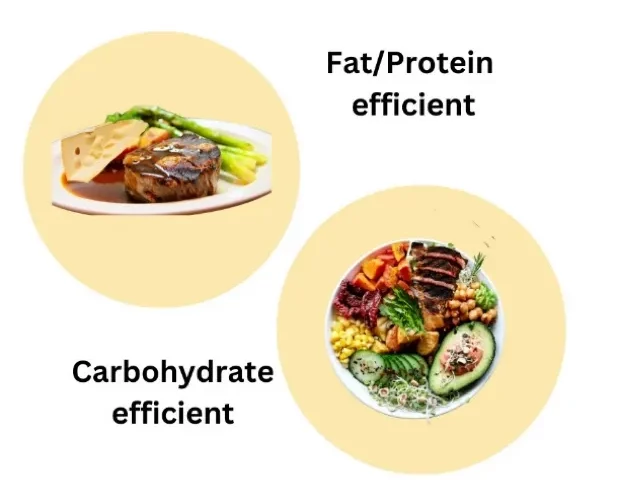Unleashing Your Inner Energy: The Wonders of Metabolic Typing
Have you ever wondered why a particular diet that worked wonders for your friend seems to have the opposite effect on you? It’s not just a quirk of fate; it might be the key to unlocking your unique metabolic code through a fascinating concept known as Metabolic Typing.
Originally pioneered by Dr. Donald Kelly and now carried forward by Bill Wolcott in the tradition of nutrition pioneer Weston Price, this approach offers a personalized roadmap to optimal health and vitality.
Imagine your body as a high-performance vehicle, and your diet as the fuel that propels it forward.
Metabolic Typing operates on the premise that we are all biochemically unique, and what works for one person may not work for another. Dr. Donald Kelly was among the first to delve into this personalized approach to nutrition, laying the foundation for what has become a transformative paradigm in functional medicine.
The Genetic Connection
Dr. Kelly observed that individuals metabolize macronutrients — proteins, fats, and carbohydrates — differently based on their genetic and biochemical makeup. He recognized that there’s no one-size-fits-all approach to nutrition and that tailoring your diet to your specific metabolic type could lead to enhanced energy, mental clarity, and overall well-being.
Bill Wolcott, inspired by Dr. Kelly’s work, developed and popularized Metabolic Typing, aligning it with the principles of Dr. Weston Price. Price, a dentist and nutrition researcher, traveled the world in the early 20th century studying traditional diets and their impact on dental health. His work highlighted the importance of nutrient-dense, whole foods in maintaining optimal health. Wolcott expanded on these principles, incorporating them into the Metabolic Typing system to help individuals identify their ideal nutritional approach.
How does Metabolic Typing work?
Imagine a spectrum with two extremes: the fast oxidizer and the slow oxidizer. Fast oxidizers tend to burn through carbohydrates quickly, needing a diet richer in proteins and fats to maintain stable energy levels. On the other hand, slow oxidizers metabolize carbohydrates more slowly and thrive on a diet emphasizing complex carbohydrates.
Through a series of assessments, including a detailed questionnaire and in-depth analysis of individual responses to various foods, Metabolic Typing identifies your unique metabolic profile. This information is then used to create a personalized nutrition plan tailored to your specific needs.
The Metabolic Typing approach doesn’t just stop at macronutrients. It also considers factors like meal timing, food combinations, and even the importance of incorporating nutrient-dense, unprocessed foods. By aligning your diet with your metabolic type, you can optimize digestion, enhance nutrient absorption, and promote overall well-being.
Leah’s Story
“When I first started on my functional medicine program, I was extremely ill,” explains Leah. “I’d seen several traditional medical doctors, but no one could tell me what was going on with me. When I started the functional medicine program at Angel Longevity Center, I did a lot of tests. I discovered I was a lot sicker than I thought I was. Strangely that felt good — because I knew I had finally found someone who knew what was wrong and could help me heal.”
She was tested to establish her Metabolic Type and discover if she had any food sensitivities or allergies.
“It was quite a shock to have to cut out pizza and mac and cheese, but I immediately noticed how different and amazing I felt once I changed my diet,” says Leah.
Metabolic typing and a personalized nutrition plan are more than just a growing trend — it’s the key to unlocking your body’s full potential for health and vitality. By embracing this approach, you’re not just eating; you’re nourishing your body’s innate ability to heal and thrive. Your journey to peak health and vitality starts with having the right nutrients on your plate.
To find out more about Metabolic Typing and how it can improve your health, call for an appointment with Dr. Mathur.
(818) 961–2055








